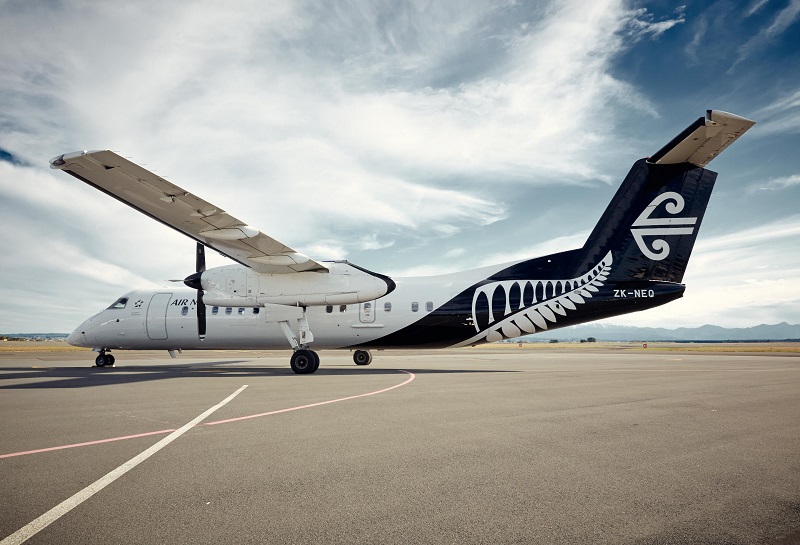Air New Zealand passengers boost voluntary carbon offsets
02 November, 2020
4 min read


Air New Zealand saw a solid rise in the percentage of customers offsetting carbon emissions generated by their journey in the 2020 financial year.
The airline’s annual sustainability report shows that the number of people “ticking the box” to offset their emissions through Air NZ’s “FlyNeutral” program increased from 4.6 percent in the 2109 financial year to 7.1 percent for fiscal 2020.
The uptake was particularly high on flights to the UK where it hit 14 percent, compared to 9.6 percent a year earlier.
READ: Study finds aircraft COVID risk is less than shopping or restaurants.
Uptake on the flights to the US rose from 7.3 percent to 10.3 percent and on flights to Canada from 6 percent to 9 percent.
New Zealand flights were close to average, rising from 4.6 percent to 7 percent.
Coming in below the average were Australian services, although they still rose from 4.3 percent to 6.3 percent.
The airline calculated that customers, along with the airline’s own voluntary scheme, offset 92,000 tonnes of CO2 in 2020 compared to 63,000 tonnes in 2019.
Airlines have struggled to convince flyers to use the voluntary offset schemes and Air New Zealand chief executive Greg Foran described the 2020 increase as “particularly pleasing” in a challenging year.
“Through our voluntary carbon offsetting function, together with our customers, have contributed close to $NZ1.5 million towards permanent native forestry projects across New Zealand and achieved an average uptake rate across all retail storefronts of 7.1 percent which is fantastic when you take into account the drop off in passenger numbers this year,” he said.
Overall, the Kiwi carrier reduced its carbon emissions by 19 percent in 2020 as it flew fewer flights due to the pandemic and benefited from carbon reduction measures.
But Foran warned in the sustainability report that the airline’s emissions profile as it re-emerged from the pandemic would need to be lower than it was pre-COVID.
“Being able to decarbonise our business is considered vital to our long-term success and remains an important part of our business model, even as we navigate the most challenging economic circumstances we have ever seen as an airline,’’ he said.
“Acting on climate change is not something we consider to be a choice; it is an integral part of the recent company-wide strategy reset we have called Kia Mau (“get ready” in te reo Māori).”
He singled out sustainable fuels as playing an important role if the airline and New Zealand were to meet their shared goal of net zero emissions by 2050.
“Sustainable fuels and the infrastructure they rely on require significant upfront capital and new policy settings to give producers confidence there will be long-term demand and to ensure commercial viability to the end-user,’’ he said.
“These fuels currently cost two to three times that of traditional fuel – but that commercial gap can be narrowed.
“Making this a reality will require close collaboration, investment from both the public and private sectors, and strong enabling policy to attract investment and ensure long-term industry competitiveness.”
The AirNZ CEO also noted New Zealand’s high mix of renewable energy as well as its reliance on domestic connectivity with a high-proportion of short-haul flights meant it was uniquely placed to be an early adopter of next-generation aircraft.
These potentially included electric, hybrid or hydrogen aircraft.
“Air New Zealand is working with several aviation equipment manufacturers to accelerate development and deployment of future aircraft and engine technology,’’ he said.
“Establishing New Zealand as a hub for aircraft innovation and an attractive location for the trialling of future aircraft technologies will accelerate the commercialisation of next-generation aircraft while also providing employment and regional development benefits.”
Next Article
2 min read
Qantas triples profit but misses mark

Get the latest news and updates straight to your inbox
No spam, no hassle, no fuss, just airline news direct to you.
By joining our newsletter, you agree to our Privacy Policy
Find us on social media
Comments
No comments yet, be the first to write one.
